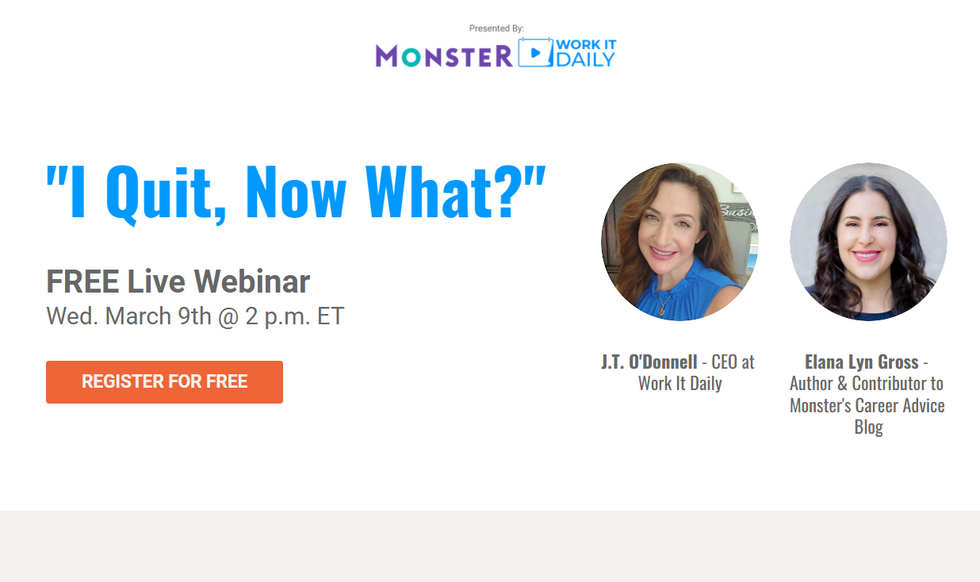How To Answer The Job Interview Question “Describe Yourself In One Word”

It’s the ultimate elevator pitch request: “Describe yourself in one word.” If you’re asked this in a job interview, how can you boil down everything you can bring to this role in one single word?
Strategy Is Everything
The key (as with all job interview answers) is to be strategic. If you’re asked to describe yourself in one word, it isn’t enough to choose a word that only describes your personality, no matter how accurate it is.
You could be any number of wonderful things: happy, resilient, warm, smart, a great friend, generous, kind, and so on. But these answers won’t do anything to help convince them to hire you.
What you want to do is think about the job and what qualities would be especially good for someone to be successful in that role, and then choose one of those that apply to you.
What are some good words to choose? Personally, my answer would be “dynamic.” For me, this is a good word because I change, adapt, and do whatever I need to do in order to succeed. This quality has served me well in sales, management, recruiting, career coaching, and running Career Confidential. However, it’s also a good word that could help someone be successful in other roles.
What would make you stand out in the role you’re discussing?
Here are some other great options…
Words That’ll Make You Stand Out

- Successful (if you’re successful in other places, chances are you’ll be successful here, too)
- Motivated (great for roles where you’ll be working more independently)
- Strategic (great for planning roles or leadership roles)
- Enthusiastic (maybe a good word for roles needing a change agent)
- Organized (good for managers or those working with a lot of moving parts)
- Focused
- Productive
- Steady
- Creative
- Active
- Helpful
- Responsible
- Dedicated
- Honest
- Versatile
- Valuable
- Flexible
- Tenacious
- Analytical
These are all great words you can use to describe yourself during a job interview.
Whatever answer you choose, be prepared to follow up with an explanation or example of how you embodied that trait in your work life in the past. Structure your answer with the STAR technique (tell the situation or task you faced, the action you took that is an example of your trait, and the result you got from it).
Every interview answer you give needs to do its part to help convince the hiring manager to go ahead and offer you the job. Be prepared with a great answer for dozens of tough questions when you check out How to Answer Interview Questions and How to Answer Interview Questions II, both available on Amazon.
Before your next interview, think about the position you’re applying for and choose the best word that describes YOU in relation to that position. What word will convey how and why you’d be a great fit? (Hint: the best word that describes you will probably change depending on the position you’re applying for.)
And remember—a little preparation goes a long way!
Need Help Acing Your Next Job Interview?

We hope these tips help you answer “describe yourself in one word” in your next interview.
If you need more help preparing for a job interview, landing a job, or changing careers, we’re here for you. We’d love it if you joined our FREE community. It’s a private, online platform where workers, just like you, are coming together to learn and grow into powerful Workplace Renegades.
It’s time to find work that makes you feel happy, satisfied, and fulfilled. Join our FREE community today to finally become an empowered business-of-one!
This article was originally published at an earlier date.































